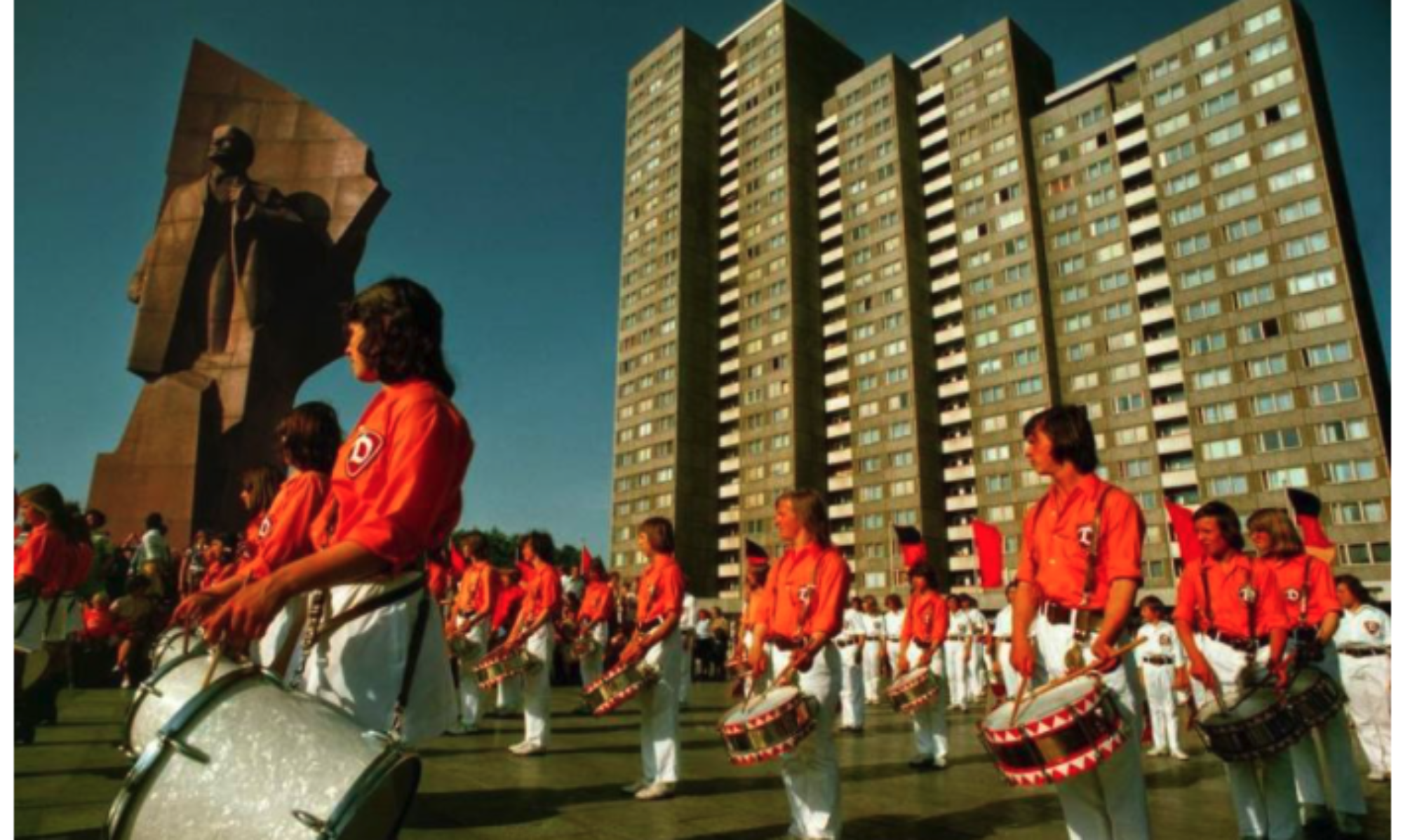A heart-breaking account of the events of the Czechoslovakian “show trials” is told though the lense of Heda Kovaly. Many of the events surrounding the Slansky show trial and the 20th Congress of the Communist Part make several appearances throughout the sections that we have read from prior readings. Echoing from those sources, Kovaly writes, “even the most casual encounter with me could arouse suspicion and invite disaster. I understand that and could bear the isolation better than most people in the same situation” (Kovaly 117). In a piece of dialogue, she writes as well that, “If the system was fair and good, it would provide ways for compensating for error. If it can only function when the leadership is made up of geniuses and all the people are [100%] honest and infallible, then it’s a bad system” (Kovaly 103-104). The one other important parallel she makes is when she states, “In Czechoslovakia, as in the Communist countries of Europe at the times of being unemployed was not merely unfortunate; it was illegal. But in a country where all the jobs had become government jobs, who would employ an outcast like myself?” (Kovaly 120). Each of these quotes echoes the themes paranoia and ostratization, of women and country turning on an individual caught up in the show trials, it even questions the efficacy of the whole governmental system. But, the question that primarily arises from these quotes is how much influence her flight into the West influence how she recollected the particulars? Certainly, much of this can be taken at face value, and that her larger picture holds some light to the events that had taken place. However, she accounts as to her and a small handful of people (immediate family members) had been caught up in these events. The majority are in fact people who are actively displacing her, following with “company policy,” and treating her poorly because of her connections to those on trial. How should we handle the divide within the nation (the Kovalys vs. the ostracizers) as historians when recreating the events of the Stalinization? Is it possible (or even should historians) attempt to sterilize the emotions of the events by present just the bare necessities, or do insights like these memoirs (equipped with time and editorial minded consumption of the material) help to better illuminate the events we had read about in the other sources we have read?
